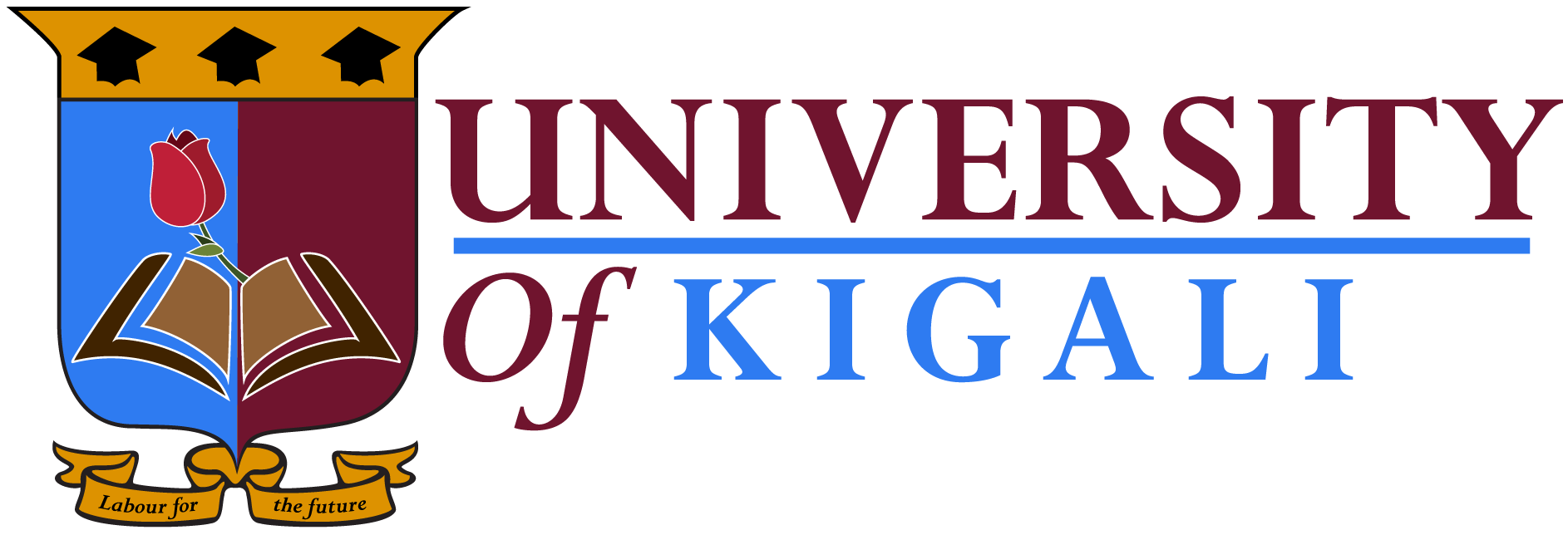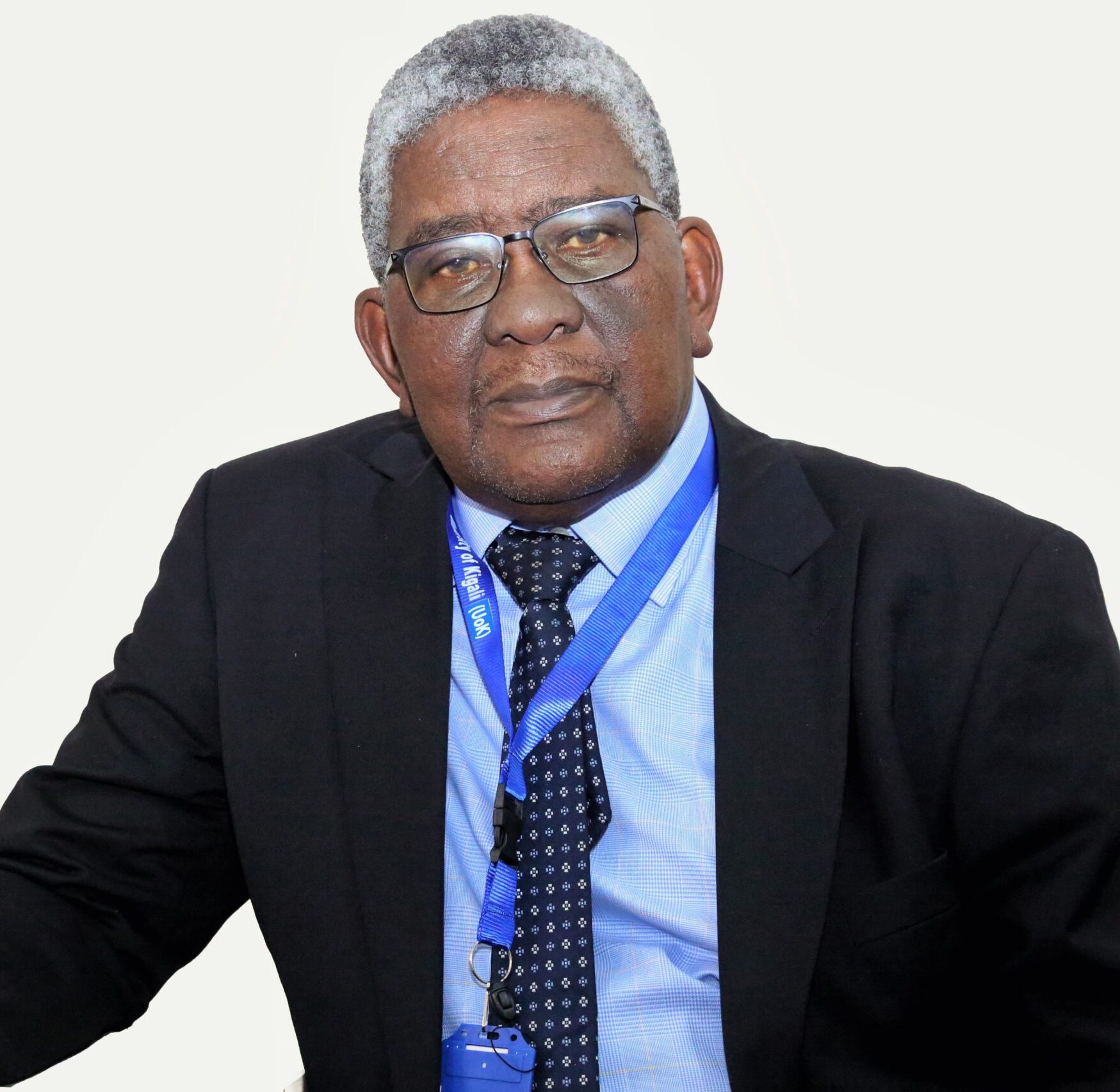Professor Maringe is an accomplished researcher with a distinguished international profile and has made a significant and meaningful contribution to research in education. His research trajectory demonstrates a deep commitment to the challenges of social and epistemic justice and to the decolonization of higher education.
Having worked in Zimbabwe, the UK, South Africa and Rwanda, Prof Maringe has established not only strong networks and a respected research profile but has contributed to capacity building through doctoral training and mentoring of young academics in a number of universities.
He has published over 100 outputs, 10 books, book chapters and several high-profile commissioned research reports. Attesting to the high quality of his work, Prof Maringe has more than 4500 citations of his work, a Google h index of 27, an i10 index of 52 and is a C NRF rated scholar. He was admitted to the ASAF Fellowship in 2019.
He has graduated 27 doctoral students. Three more students are working on revisions to their theses. Prof. Maringe is on the Advisory Board and actively engaged in an innovative HELTASA doctoral programme which is underpinned by the concept of the decolonial turn.
Prof. Maringe has worked in various capacities as Director of the Centre for Higher Education Management at University of Southampton, Assistant Dean for Internationalization and Partnerships, Head of the Wits School of Education and currently, the Deputy Vice Chancellor – Academic at University of Kigali. He has mentored young academics at UNISA, Venda, and UJ resulting in many successful NRF rating applications, research grant awards and promotion to senior levels in the academy.
Recently, Prof Maringe presented a paper at SAERA on Transcending Morrow; and has been an invited keynote speaker at numerous international conferences. He currently is the Principal Investigator for the British Council sponsored research on the readiness of public universities in South Africa to implement the recently published Higher Education Internationalization Policy (2019). He is also lead researcher for the SACE and DBE research on paraprofessionals in education, a recent phenomenon emerging from the ongoing COVID 19 pandemic. This has the potential to influence the diversification of professional education practice. He has been involved in a VVOB sponsored research on school leadership in Africa which has led to the establishment of an Africa Centre for School Leadership Development in Kigali.
In South Africa, Prof Maringe has completed significant research on the efficacy of school leadership in Mpumalanga, the school dropout phenomenon also in Mpumalanga and on internal teacher migration sponsored by the SACE. He also led the research on teacher induction in schools in South Africa. All these projects have resulted in substantial publications including a special edition on leading schools in circumstances of multiple deprivation hosted in the internationally acclaimed Education Management Administration and Leadership Journal (EMAL) edited by Tony Bush.
His desire to contribute to South African Education Research has also been demonstrated by the decision to assume the role of chief editor of the UNIVEN hosted Journal of Education Studies, which has since increased its annual publications from 2 to 4 issues per year. In the one year since he became editor of JES, he has expanded the editorial board to include several international board members, attracted several international publications to the journal and has hosted two special issues, making the JES a more visible and attractive publisher for educational research locally and internationally.
His scholarship in the areas of social justice and the decolonization of higher education has attracted substantial attention both locally and internationally.
Recently, he published an edited book titled Higher Education in the melting pot with AOSIS, in which issues of the 4IR and decolonization take central stage; has been awarded a book series with Routledge on decolonization in Higher Education, the first of which is currently on the production line; has been invited by Sheffield University to guest speak on the topic of decolonization on 9 June, and by Bindura University of Science Education on the same subject at their national conference in August this year. Felix has also been awarded a book series by AOSIS on the impact of disruptions in Higher Education, and has already delivered two books of eight in the series. In all this, Felix works with a wide range of scholars from universities in South Africa and abroad, making him one of the eminently connected and networked scholars we have in South Africa.
Prof. Maringe is also the editor of a book on systematic reviews of research in basic education in South Africa. Systematic reviews are the gold standard of evidence of research and Felix is well-positioned to have been at the forefront of this in South Africa.
His ambition is to contribute to the current transformational impasse in the country, which is compounded by transformational paralyses, including a conceptual paralysis, a leadership paralysis, and a strategic paralysis which have conspired to restrict transformation to an exercise in symbolism, while the epistemic, ideological and human capacitation dimensions have remained largely untouched.
Prof. Maringe has achieved much in original contributions to scholarship as well as building capacity of younger researchers as in the testimony from one of his doctoral students. Below is a statement from one of his numerous students:
Nomination support
Professor Maringe was my lecturer at master’s level and my doctoral supervisor. Professor Maringe is approachable and always works to establish a good rapport with his students. He is experienced and interested in supervision and inspires students to work to the best of ability through a social constructivist and cognitively stimulating way which allowed for self-reflection and peer engagement. He is also my academic mentor. It is through his effective guidance that now, as a postdoc, I publish and have co-edited a book and a special issue with him. It is through his effective mentorship that many of his students and mentees have proceeded to become successful academics, others have now become professors, and one has been recently appointed Economic Presidential Advisor in Uganda.
– Otilia Chiramba (Postdoc.)
The Board of Directors, management, staff and students of University of Kigali congratulate Professor Felix Maringe on this outstanding achievement and wish him many more successes in the academy to impact UoK, Africa and the world.

